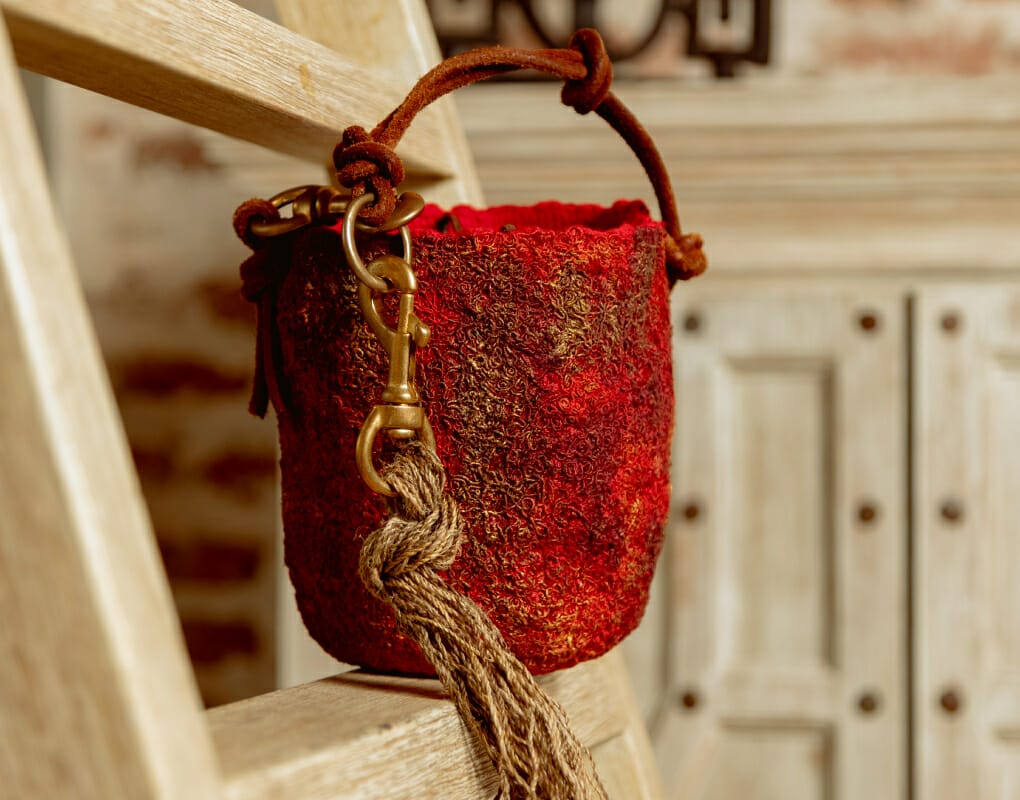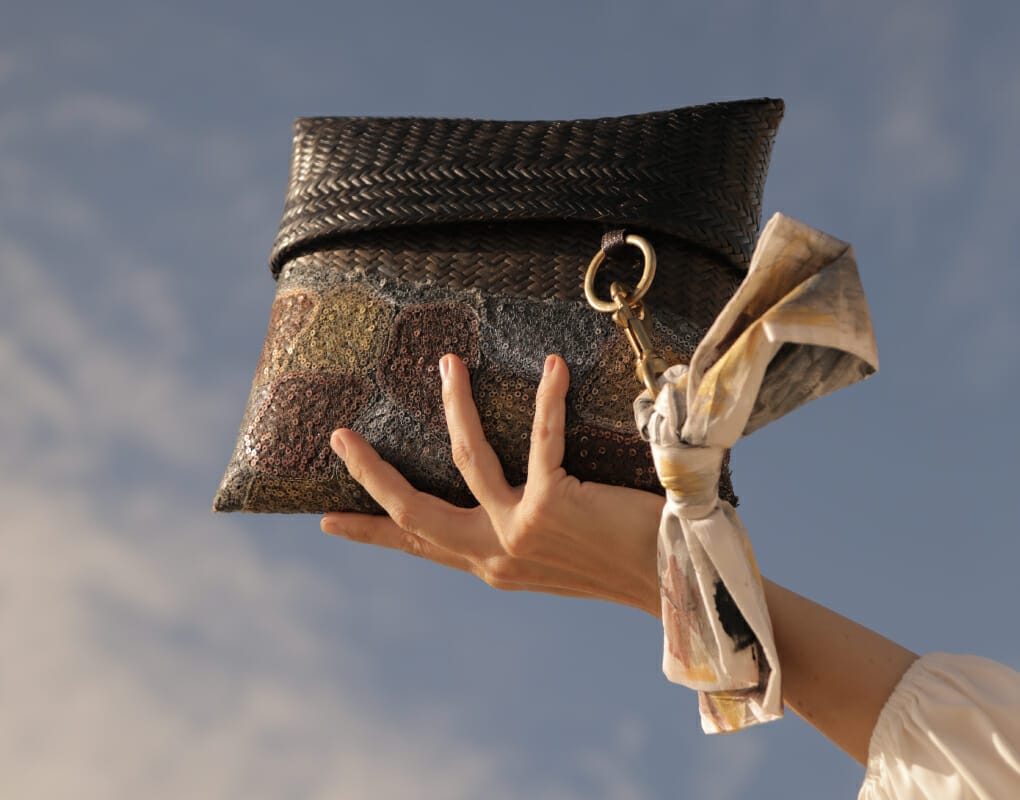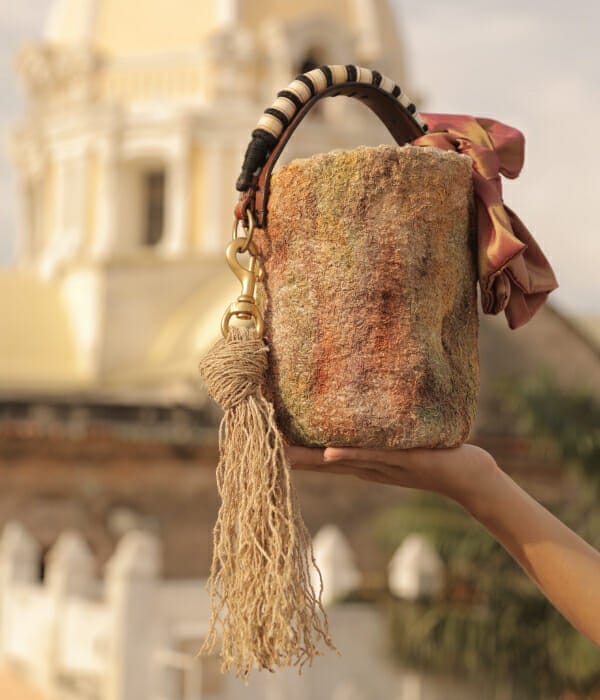Until a few years ago, brands that feed on the work of artisans and the richness of their ancestral knowledge, for the creation of their works or the realization of their designs, do so more consciously and responsibly.
Supporting local art is an altruistic decision, which also carries a lot of sense of belonging. Connecting brands with the cultural richness and artisan legacy of the tribes mean going beyond, being within a textile industry, which has to do with approaching indigenous communities and returning them to the leading role that has been denied them.
Claudia Akel’s design work focuses on fully preserving the textile techniques of artisans, turning them into unique and exclusive creations. That is if before the work of the craftsman was at the mercy of the mass production of a product for tourism consumption – which puts at risk the loss of identity – today we highlight manual techniques that safeguard knowledge and legacy.
What is the importance of buying products that are born from artisanal knowledge?

Buying products of ancestral origin promotes circular and sustainable fashion. In Colombia and Latin America, some brands seek to keep existing local and community economies through the responsible promotion of their knowledge, their ecosystems, and the habitat where they coexist and coexist.
This makes development for communities a process that is not invasive, but, on the contrary, one that thinks of innovation as a source of empowerment and recognition.
When you buy a Claudia Akel product, you are buying it consciously. We work together with more than seven indigenous Colombian and Latin American ethnic groups, to whom we pay tribute to the artistic and unique intervention that the designer makes to each garment.
Claudia Akel is a Cartagena-based brand that carefully and artistically intervenes in each indigenous design; from Wayuu or Arhuaca backpacks to Werrengue baskets or Putumayo hats.
View this post on Instagram
It is the responsibility of each brand, but also the duty of the buyer to ask about the origin of the products, the conditions where it was created, and the knowledge behind the piece. This speaks of textile traceability and ethical fashion.
In the end, we must turn fashion into an ethical and transparent space where creations do not impose a lifestyle, but a conscious consumption. One that truly connects.

